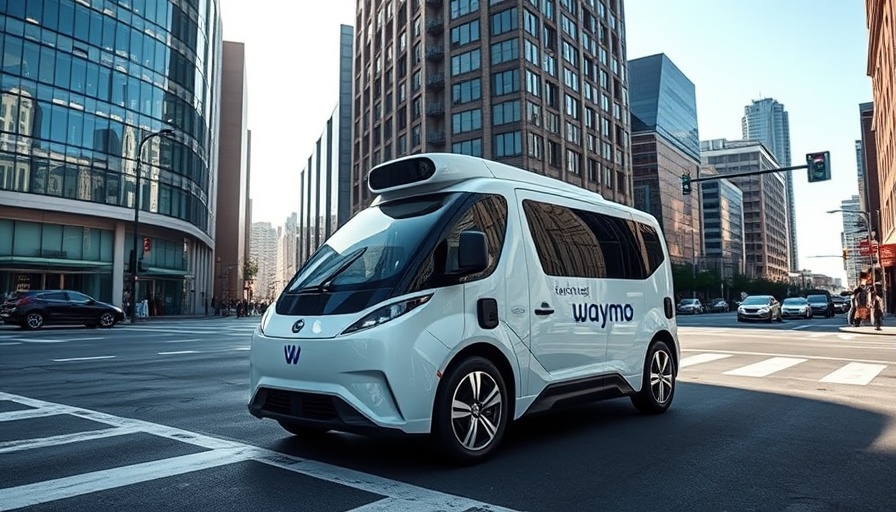
Waymo's Future: A Peek Inside Autonomous Vehicles
Waymo, known for its pioneering robotaxi services, is on the verge of a significant transformation — utilizing interior camera data from its vehicles to train generative AI models, as outlined in an unearthed version of the company’s privacy policy. This move raises pressing concerns about data privacy and how closely our rides could soon be scrutinized.
What Does This Mean for Riders?
The implications of using camera data to personalize advertising are profound. Riders are granted control over their data, including the option to prevent personal information from being shared with third parties. However, the term 'personal information' encompasses a potentially broad spectrum, prompting questions over consent and transparency.
The core of this initiative stems from Waymo’s escalating growth trajectory, which saw a soaring leap from 10,000 to 200,000 paid rides weekly over two years. As Waymo eyes expansion in cities like Atlanta and Miami, the urgency to monetize its services becomes increasingly apparent, positioning generative AI as a means of financial viability.
The Data Dilemma: Balancing Innovation and Ethics
With growing reliance on data-driven solutions, ethical considerations loom large. The information captured could range from basic demographic data to nuanced indicators like facial expressions and body language, which may be leveraged to develop AI that recognizes and reacts to rider preferences.
As generative AI models burgeon, the potential for misuse or overreach in data handling could provoke public backlash, particularly in a landscape increasingly concerned about privacy. The complexities of this technology must navigate a tightrope between advancing innovation and ensuring ethical standards are upheld.
Navigating the Road Ahead
Waymo's continued investment signifies a determined push for leadership in the autonomous driving space, necessitating careful balancing of business objectives with rigorous privacy standards. As public awareness grows regarding data usage, seeking clarity and understanding in these policies will empower consumers to make informed choices about their interactions with autonomous technologies.
For those of us riding the wave of innovation in transportation, understanding these developments is crucial — not only to adapt to the evolving landscape but to ensure our voices are heard in the conversation about privacy and technology. As society shifts towards greater reliance on AI and data, it is imperative that we remain vigilant about where and how our information is utilized.
 Add Row
Add Row  Add
Add 




 Add Row
Add Row  Add
Add 

Write A Comment